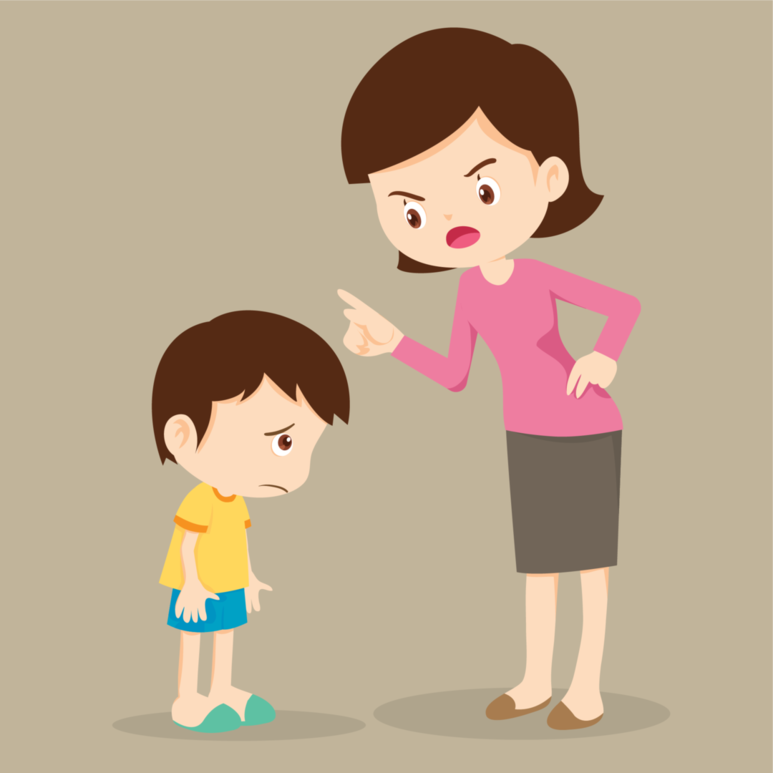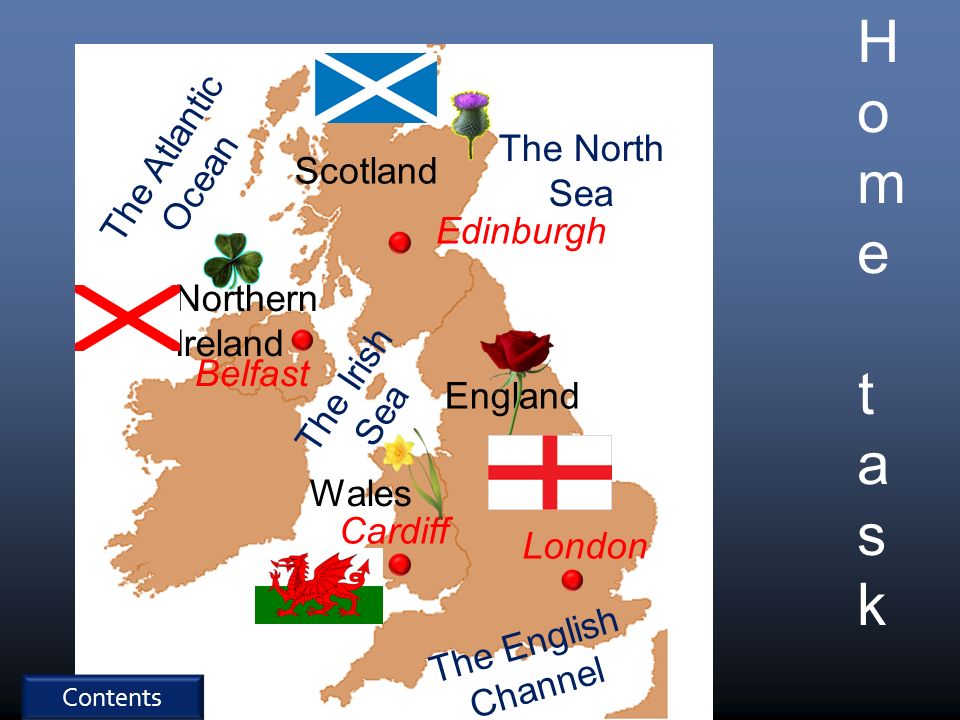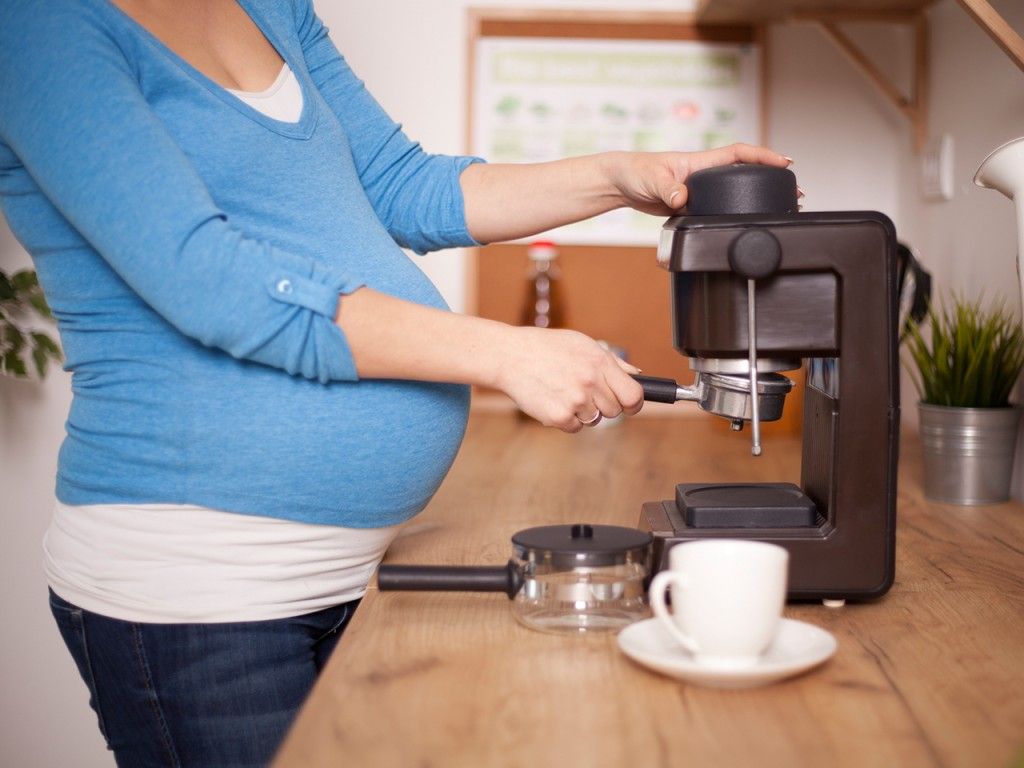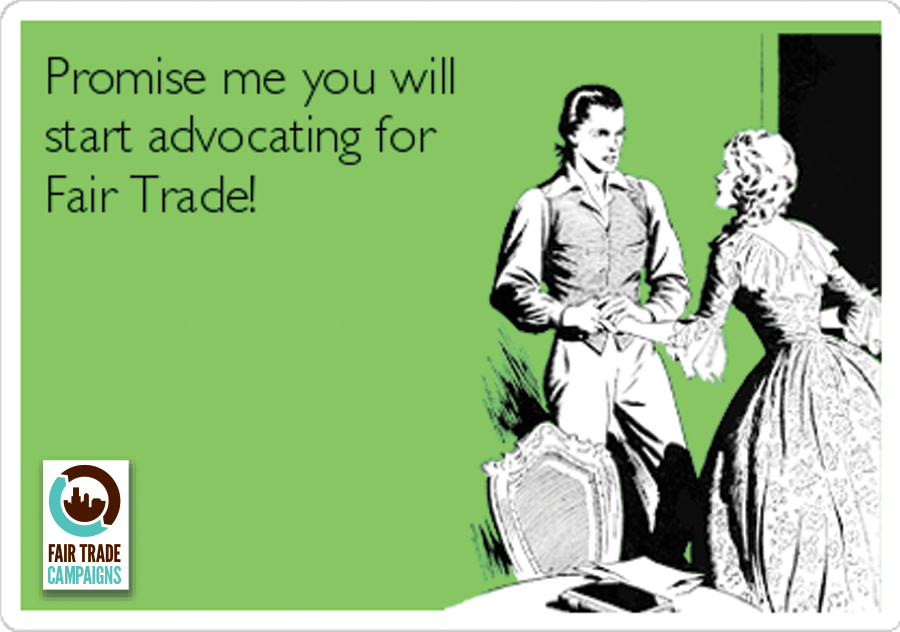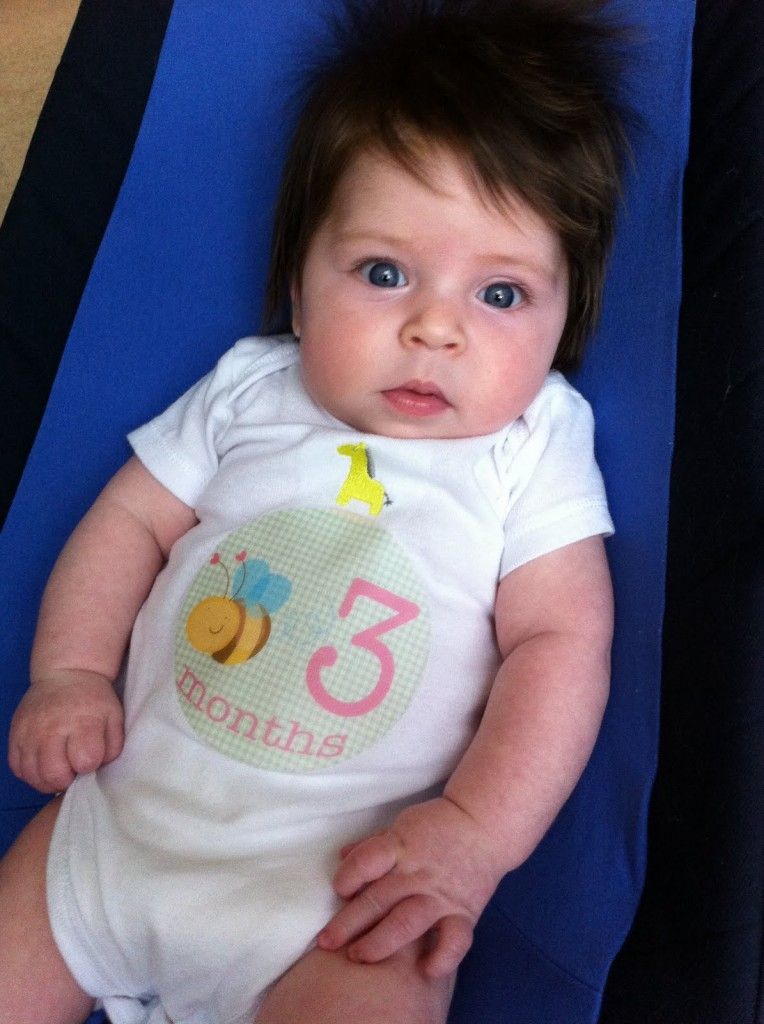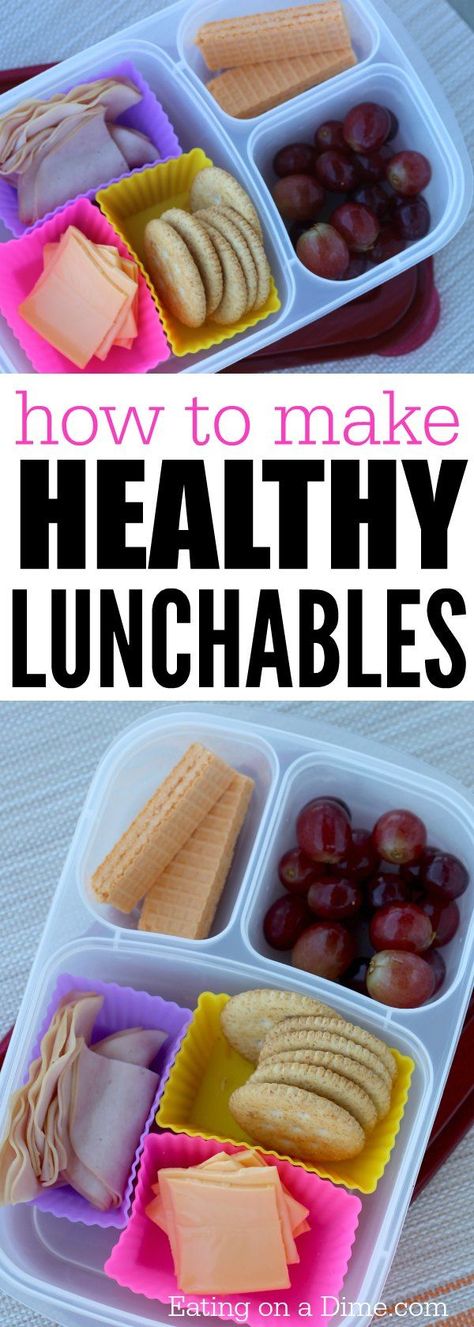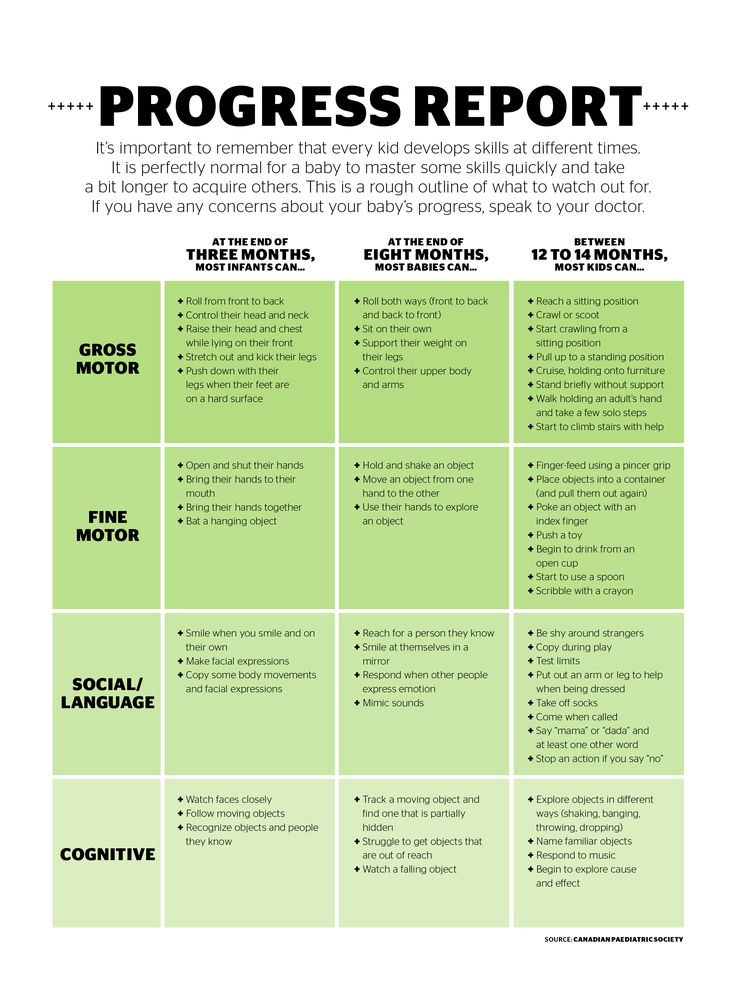How to scold a child
How to discipline your child the smart and healthy way
There comes a time when every parent struggles with how best to discipline their child. Whether dealing with a screaming toddler or an angry teen, it can be hard to control your temper. No parent wants to find themselves in such a situation and the bottom line is that shouting and physical violence never help.
Thankfully, there are other, more effective ways and one of them is positive discipline. We consulted Lucie Cluver, Oxford University professor of Child and Family Social Work and mother of two young boys, to explore how the approach can help parents build positive relationships with their children and teach skills like responsibility, cooperation and self-discipline.
There are no bad children, only bad behaviour.
Why positive discipline?
“Parents don't want to shout or hit their kids. We do it because we're stressed and don't see another way,” says Professor Cluver.
The evidence is clear: shouting and hitting simply do not work and can do more harm than good in the long run. Repeated shouting and hitting can even adversely impact a child’s entire life. The continued “toxic stress” it creates can lead to a host of negative outcomes like higher chances of school dropout, depression, drug use, suicide and heart disease.
“It’s like saying: here's this medicine, it's not going to help you and it's going to make you sick,” says Professor Cluver. “When we know something doesn't work, that's a pretty good reason to look for a different approach.”
Rather than punishment and what not to do, the positive discipline approach puts an emphasis on developing a healthy relationship with your child and setting expectations around behaviour. The good news for every parent is it works and here’s how you can start putting it into practice:
1. Plan 1-on-1 time
One-on-one time is important for building any good relationship and even more so with your children. “It can be 20 minutes a day. Or even 5 minutes. You can combine it with something like washing dishes together while you sing a song or chatting while you're hanging out the washing,” says Professor Cluver. “What's really important is that you focus on your child. So, you turn your TV off, you turn your phone off, you get to their level and it's you and them.”
“It can be 20 minutes a day. Or even 5 minutes. You can combine it with something like washing dishes together while you sing a song or chatting while you're hanging out the washing,” says Professor Cluver. “What's really important is that you focus on your child. So, you turn your TV off, you turn your phone off, you get to their level and it's you and them.”
2. Praise the positives
As parents we often focus on our children’s bad behaviour and call it out. Children may read this as a way to get your attention, perpetuating poor conduct rather than putting a stop to it.
Children thrive on praise. It makes them feel loved and special. “Watch out for when they're doing something good and praise them, even if that thing is just playing for five minutes with their sibling,” recommends Professor Cluver. “This can encourage good behaviour and reduce the need for discipline.”
3. Set clear expectations
“Telling your child exactly what you want them to do is much more effective than telling them what not to do,” says Professor Cluver. “When you ask a child to not make a mess, or to be good, they don't necessarily understand what they're required to do.” Clear instructions like “Please pick up all of your toys and put them in the box” set a clear expectation and increase the likelihood that they'll do what you’re asking.
“When you ask a child to not make a mess, or to be good, they don't necessarily understand what they're required to do.” Clear instructions like “Please pick up all of your toys and put them in the box” set a clear expectation and increase the likelihood that they'll do what you’re asking.
“But it's important to set realistic expectations. Asking them to stay quiet for a whole day may not be as manageable as asking for 10 minutes of quiet time while you have a phone call,” says Professor Cluver. “You know what your child is capable of. But if you ask for the impossible, they are going to fail.”
4. Distract creatively
When your child is being difficult, distracting them with a more positive activity can be a useful strategy says Professor Cluver. “When you distract them towards something else – by changing the topic, introducing a game, leading them into another room, or going for a walk, you can successfully divert their energy towards positive behaviour.”
Timing is also crucial. Distraction is also about spotting when things are about to go wrong and taking action. Being mindful of when your child is starting to become fidgety, irritable or annoyed, or when two siblings are eyeing the same toy, can help diffuse a potential situation before it becomes one.
Distraction is also about spotting when things are about to go wrong and taking action. Being mindful of when your child is starting to become fidgety, irritable or annoyed, or when two siblings are eyeing the same toy, can help diffuse a potential situation before it becomes one.
5. Use calm consequences
Part of growing up is learning that if you do something, something can happen as a result. Defining this for your child is a simple process that encourages better behaviour while teaching them about responsibility.
Give your child a chance to do the right thing by explaining the consequences of their bad behaviour. As an example, if you want your child to stop scribbling on the walls, you can tell them to stop or else you will end their play time. This provides them with a warning and an opportunity to change their behaviour.
If they don’t stop, follow through with the consequences calmly and without showing anger, “and give yourself credit for that – it’s not easy!” adds Professor Cluver.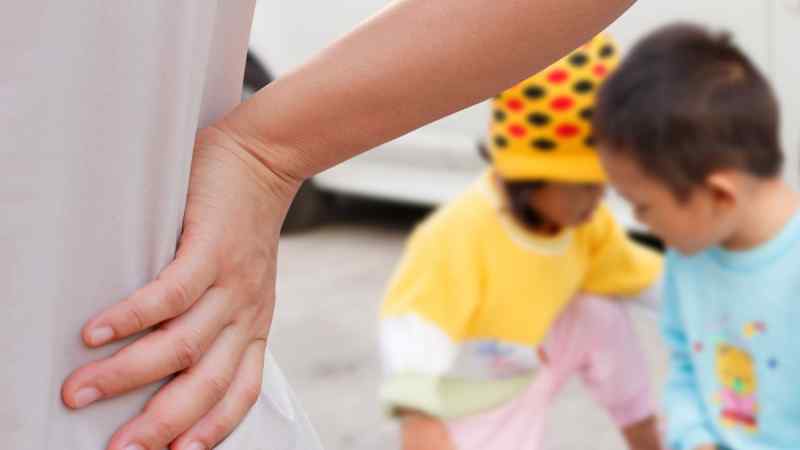
If they do stop, give them lots of praise for it, recommends Professor Cluver. “What you are doing is creating a positive feedback loop for your child. Calm consequences have been shown to be effective for kids to learn about what happens when they behave badly.”
Being consistent is a key factor in positive parenting, which is why following through with the consequences is important. And so is making them realistic. “You can take a teenager's phone away for an hour but taking it away for a week might be difficult to follow through on.”
Engaging with younger children
One-on-one time can be fun – and it’s completely free! “You can copy their expressions, bang spoons against pots, or sing together,” adds Professor Cluver. “There’s amazing research showing that playing with your children boosts their brain development.”
Engaging with older children
Like younger children, teenagers seek praise and want to be thought of as good. One-on-one time is still important to them.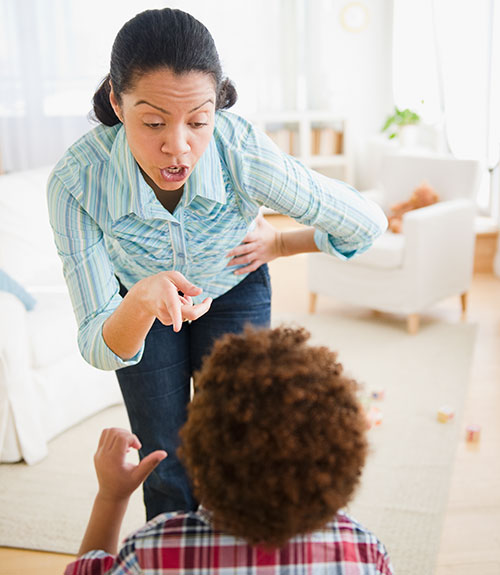 “They love it if you dance around the room with them or engage in a conversation about their favourite singer,” says Professor Cluver. “They may not always show it, but they do. And, it's an effective way of building a relationship on their terms.”
“They love it if you dance around the room with them or engage in a conversation about their favourite singer,” says Professor Cluver. “They may not always show it, but they do. And, it's an effective way of building a relationship on their terms.”
While setting expectations, “ask them to help make some of the rules,” suggests Professor Cluver. “Sit them down and try to agree on the household dos and don'ts. They can also help decide what the consequences for unacceptable behaviour will be. Being involved in the process helps them know that you understand they're becoming their own independent beings.”
Advice for parents during the COVID-19 pandemic
The pandemic has brought about sudden and drastic changes in the lives of families with parents directly in the middle of it. Here are some tips that can help parents get through these and any other stressful times:
1. Pause
We all know the stress when we feel our child is being difficult. At moments like these, being present and stepping back is a simple and useful tactic. Hit the “pause button”, as Professor Cluver calls it. “Take five deep breaths, slowly and carefully and you'll notice you are able to respond in a calmer, more considered way. Parents across the world say that just taking that pause is enormously helpful.”
Hit the “pause button”, as Professor Cluver calls it. “Take five deep breaths, slowly and carefully and you'll notice you are able to respond in a calmer, more considered way. Parents across the world say that just taking that pause is enormously helpful.”
2. Step back
Parents often forget to care for themselves, says Professor Cluver. “Take some time for yourself, such as when the kids are asleep, to do something that makes you feel happy and calm. It's really hard to do all the things right as a parent, when you haven't given yourself a break.”
3. Praise yourself
It’s easy to forget the astonishing job you do as a parent every day and you should give yourself the credit, advises Professor Cluver. “Each day, maybe while brushing your teeth, take a moment to ask: ‘What was one thing I did really well with my kids today?’ And, just know that you did something great.”
“We might be in and out of isolation, but you are absolutely not alone,” she says.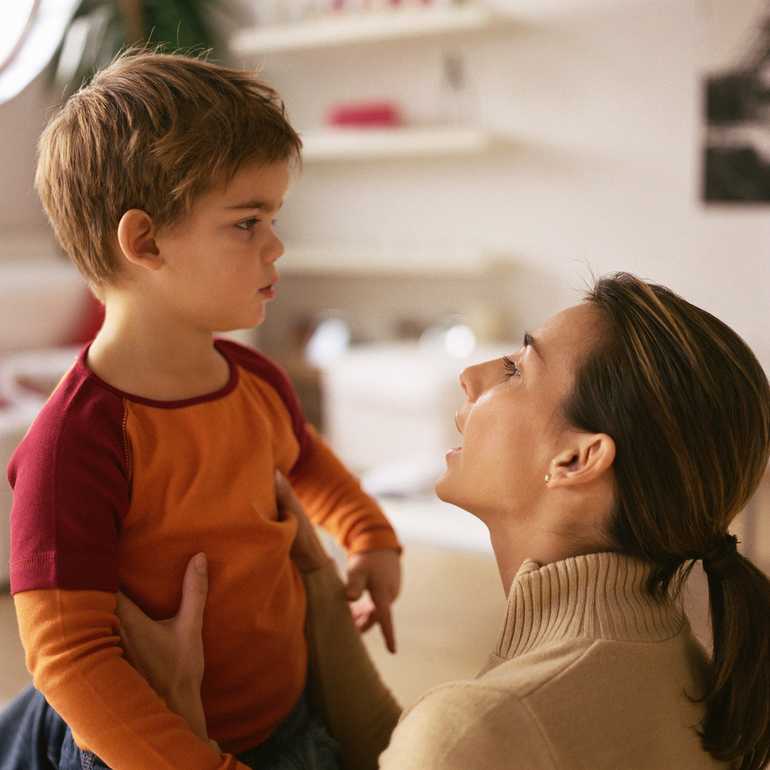 “Millions of parents across the world are all trying and we're all failing sometimes. And then we're trying again. We’ll survive this together.”
“Millions of parents across the world are all trying and we're all failing sometimes. And then we're trying again. We’ll survive this together.”
> Explore more COVID-19 parenting tips
Did you find this content useful?
What’s the Best Way to Discipline My Child?
Log in | Register
Family Life
Family Life
Listen
Español
Text Size
As a parent, one of your jobs to teach your child to behave. It's a job that takes time and patience. But, it helps to learn the effective and healthy discipline strategies.
Here are some tips from the American Academy of Pediatrics (AAP) on the best ways to help your child learn acceptable behavior as they grow.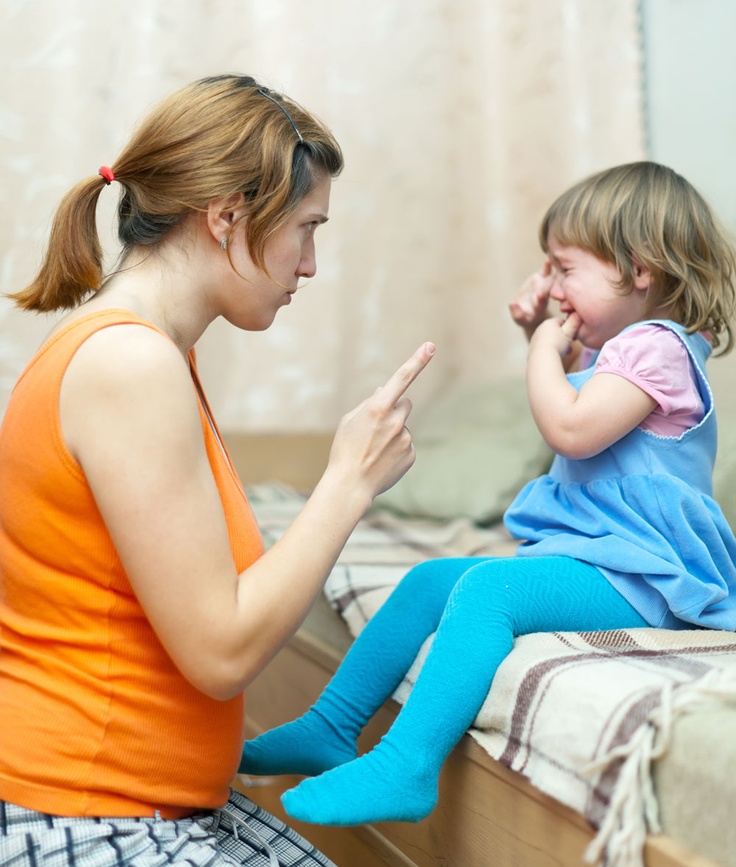
10 healthy discipline strategies that work
The AAP recommends positive discipline strategies that effectively teach children to manage their behavior and keep them from harm while promoting healthy development. These include:
Show and tell. Teach children right from wrong with calm words and actions. Model behaviors you would like to see in your children.
Set limits. Have clear and consistent rules your children can follow. Be sure to explain these rules in age-appropriate terms they can understand.
Give consequences. Calmly and firmly explain the consequences if they don't behave. For example, tell her that if she does not pick up her toys, you will put them away for the rest of the day. Be prepared to follow through right away. Don't give in by giving them back after a few minutes. But remember, never take away something your child truly needs, such as a meal.

Hear them out. Listening is important. Let your child finish the story before helping solve the problem. Watch for times when misbehavior has a pattern, like if your child is feeling jealous. Talk with your child about this rather than just giving consequences.
Give them your attention. The most powerful tool for effective discipline is attention—to reinforce good behaviors and discourage others. Remember, all children want their parent's attention.
Catch them being good. Children need to know when they do something bad--and when they do something good. Notice good behavior and point it out, praising success and good tries. Be specific (for example, "Wow, you did a good job putting that toy away!").
Know when not to respond. As long as your child isn't doing something dangerous and gets plenty of attention for good behavior, ignoring bad behavior can be an effective way of stopping it.
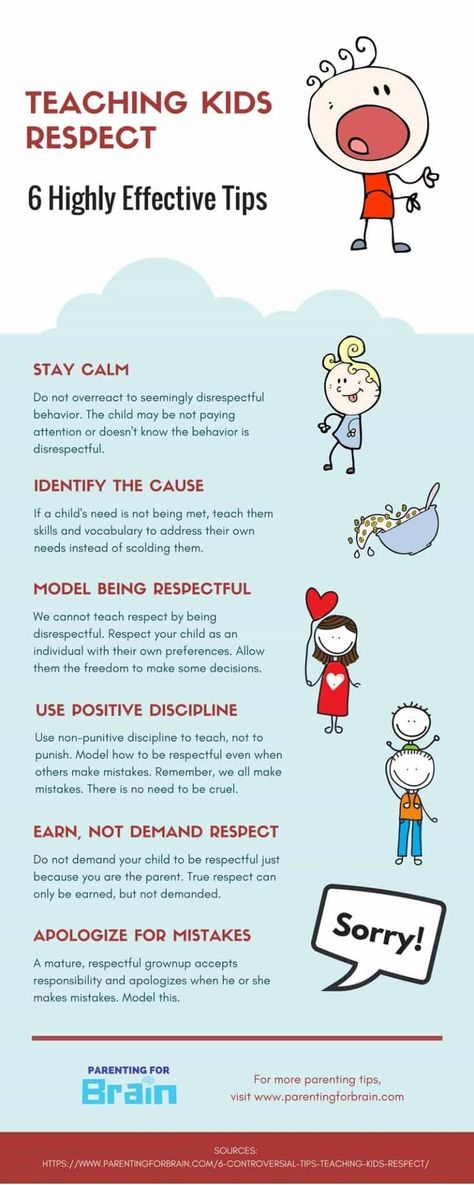 Ignoring bad behavior can also teach children natural consequences of their actions. For example, if your child keeps dropping her cookies on purpose, she will soon have no more cookies left to eat. If she throws and breaks her toy, she will not be able to play with it. It will not be long before she learns not to drop her cookies and to play carefully with her toys.
Ignoring bad behavior can also teach children natural consequences of their actions. For example, if your child keeps dropping her cookies on purpose, she will soon have no more cookies left to eat. If she throws and breaks her toy, she will not be able to play with it. It will not be long before she learns not to drop her cookies and to play carefully with her toys. Be prepared for trouble. Plan ahead for situations when your child might have trouble behaving. Prepare them for upcoming activities and how you want them to behave.
Redirect bad behavior. Sometimes children misbehave because they are bored or don't know any better. Find something else for your child to do.
Call a time-out. A time-out can be especially useful when a specific rule is broken. This discipline tool works best by warning children they will get a time out if they don't stop, reminding them what they did wrong in as few words―and with as little emotion―as possible, and removing them from the situation for a pre-set length of time (1 minute per year of age is a good rule of thumb).
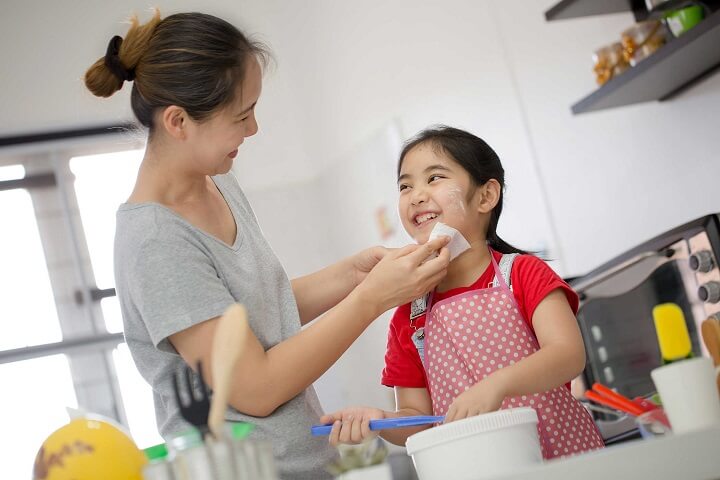 With children who are at least 3 years old, you can try letting their children lead their own time-out instead of setting a timer. You can just say,
"Go to time out and come back when you feel ready and in control." This strategy, which can help the child learn and practice self-management skills, also works well for older children and teens.
With children who are at least 3 years old, you can try letting their children lead their own time-out instead of setting a timer. You can just say,
"Go to time out and come back when you feel ready and in control." This strategy, which can help the child learn and practice self-management skills, also works well for older children and teens.
Spanking and harsh words are harmful and don't work. Here's why:
The AAP policy statement, "Effective Discipline to Raise Healthy Children," highlights why it's important to focus on teaching good behavior rather than punishing bad behavior. Research shows that spanking, slapping and other forms of physical punishment don't work well to correct a child's behavior. The same holds true for yelling at or shaming a child. Beyond being ineffective, harsh physical and verbal punishments can also damage a child's long-term physical and mental health.
- Spanking's unhealthy cycle.
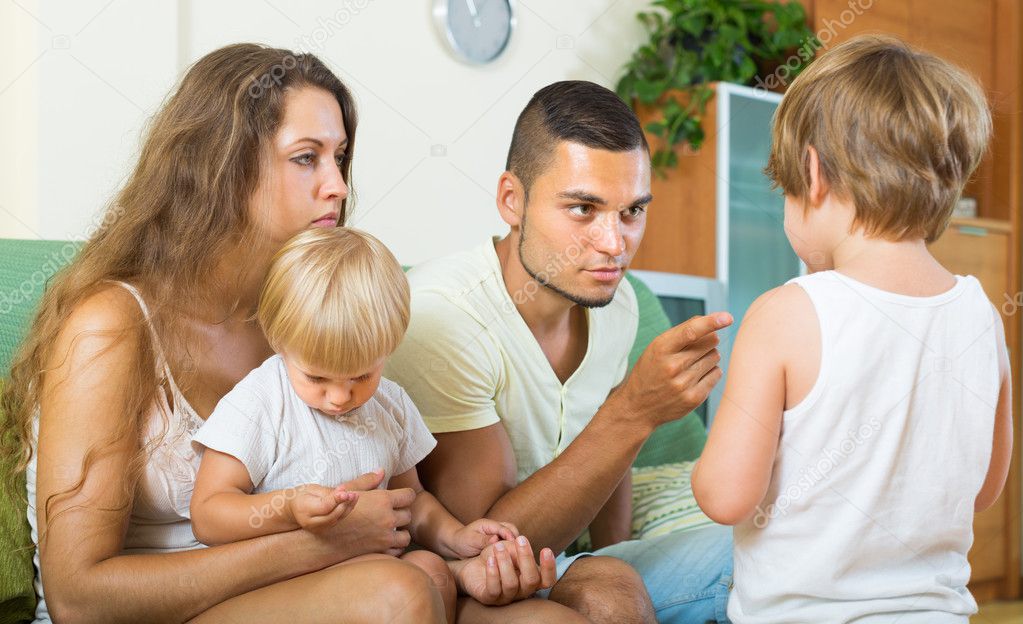 The AAP advises that parents and caregivers should not spank or hit children. Instead of teaching responsibility and self-control, spanking often increases aggression and anger in children. A
study of children born in 20 large U.S. cities found that families who used physical punishment got caught in a negative cycle: the more children were spanked, the more they later misbehaved, which prompted more spankings in response. Spanking's effects may also be felt beyond the parent-child relationship. Because it teaches that causing someone pain is OK if you're frustrated—even with those you love. Children who are spanked may be more likely to hit others when they don't get what they want.
The AAP advises that parents and caregivers should not spank or hit children. Instead of teaching responsibility and self-control, spanking often increases aggression and anger in children. A
study of children born in 20 large U.S. cities found that families who used physical punishment got caught in a negative cycle: the more children were spanked, the more they later misbehaved, which prompted more spankings in response. Spanking's effects may also be felt beyond the parent-child relationship. Because it teaches that causing someone pain is OK if you're frustrated—even with those you love. Children who are spanked may be more likely to hit others when they don't get what they want. - Lasting marks. Physical punishment increases the risk of injury, especially in children under 18 months of age, and may leave other measurable marks on the brain and body. Children who are spanked show higher levels of hormones tied to
toxic stress. Physical punishment may also affect brain development.
 One study found that young adults who were spanked repeatedly had less gray matter, the part of the brain involved with self-control, and performed lower on IQ tests as young adults than the control group.
One study found that young adults who were spanked repeatedly had less gray matter, the part of the brain involved with self-control, and performed lower on IQ tests as young adults than the control group. - Verbal abuse: How words hurt. Yelling at children and using words to cause emotional pain or shame also has been found to be ineffective and harmful. Harsh verbal discipline, even by parents who are otherwise warm and loving, can lead to more misbehavior and mental health problems in children.
Research shows that harsh verbal discipline, which becomes more common as children get older, may lead to more behavior problems and symptoms of depression in teens.
Learn from mistakes—including your own
Remember that, as a parent, you can give yourself a time out if you feel out of control. Just make sure your child is in a safe place, and then give yourself a few minutes to take a few deep breaths, relax or call a friend. When you are feeling better, go back to your child, hug each other, and start over.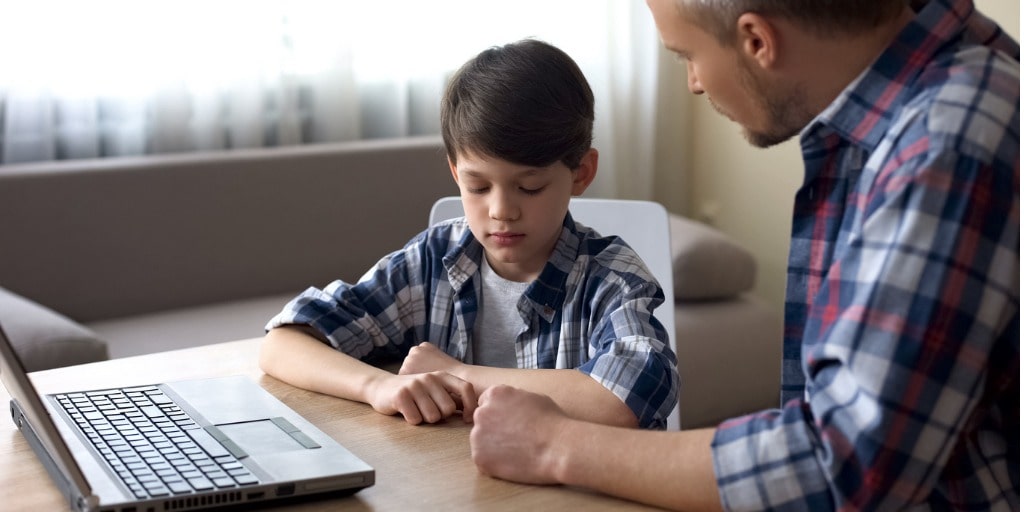
If you do not handle a situation well the first time, try not to worry about it. Think about what you could have done differently and try to do it the next time. If you feel you have made a real mistake in the heat of the moment, wait to cool down, apologize to your child, and explain how you will handle the situation in the future. Be sure to keep your promise. This gives your child a good model of how to recover from mistakes.
Healthy & effective discipline tips by age/stage
Infants |
|
|---|---|
Toddlers |
|
Preschool Age |
|
Gradeschool-Age Children |
|
Adolescents & Teens |
|
More information
- 15 Tips to Survive the Terrible 3's
- How to Shape and Manage Your Young Child's Behavior
- Disciplining Older Children
- How to Give a Time-Out
- Effective Discipline to Raise Healthy Children (AAP Policy Statement)
- Last Updated
- 11/5/2018
- Source
- American Academy of Pediatrics (Copyright © 2018)
The information contained on this Web site should not be used as a substitute for the medical care and advice of your pediatrician.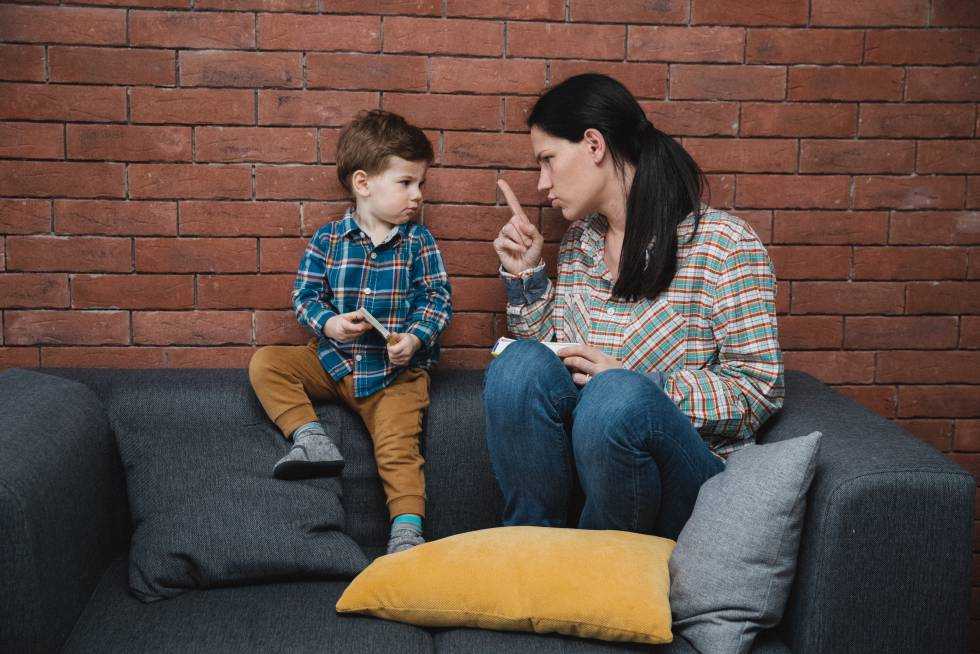 There may be variations in treatment that your pediatrician may recommend based on individual facts and circumstances.
There may be variations in treatment that your pediatrician may recommend based on individual facts and circumstances.
How to scold a child correctly
It would seem that we don't need to be taught this - we all know how to swear. And then we scold ourselves for a long time. But it turns out that criticism can also be both constructive and destructive. Creative criticism is only an indication of what needs to be done and how; there is no place in it for a negative assessment of the child's personality.
Ten-year-old Pasha accidentally spilled a glass of milk at breakfast.
- Mother: You are no longer small, but you don't know how to hold a glass! How many times have I told you to be careful!
- Father: He has always been clumsy and will remain so.
Yes, Pasha spilled a glass of milk, but caustic mockery is completely inappropriate here: they can cost parents much more - the loss of filial trust. This is not the time to tell a child what you think of him if he is guilty.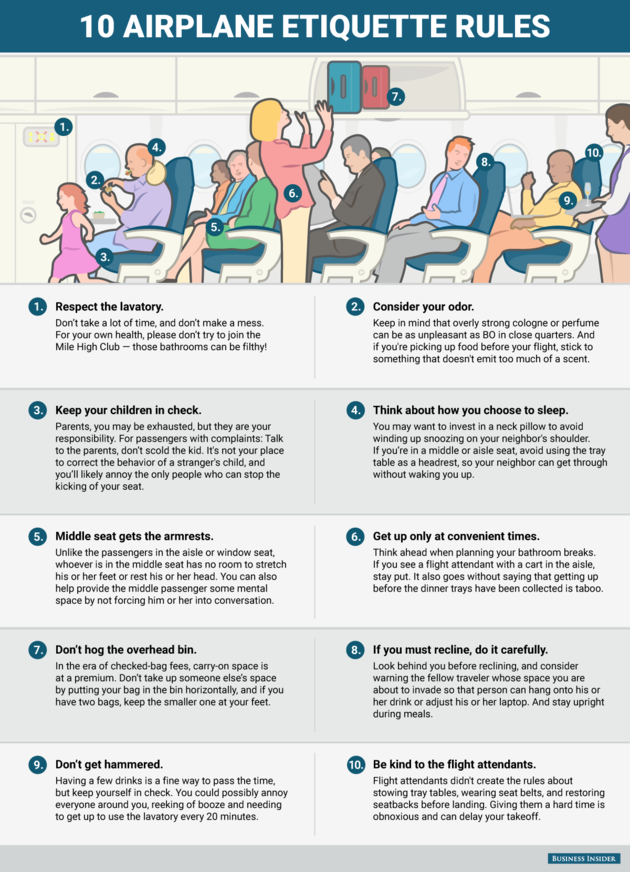 In this case, you need to condemn only his act, but not himself.
In this case, you need to condemn only his act, but not himself.
For example, in a situation with spilled milk, there is another way out - calmly give the child another glass of milk and a rag. Do not hesitate - your son or daughter will be grateful to you that you did not arrange a "showdown" and gave him the opportunity to correct his mistake himself.
Storm! The storm is coming soon!
In many families, quarrels between parents and children develop in a predetermined sequence. Here the child has done something or said something wrong - and the father and mother will inevitably utter words that are offensive to him. Of course, children respond to them even more trenchantly. Parents begin to scream, threaten - close to spanking. And a thunderstorm breaks out in the house.
Nine-year-old Tolik was playing with a tea cup.
- Mother: You will break her! It has happened before, and more than once!
- Tolik: No, I won't break it.
Then the cup fell to the floor and broke.
- Mother: Hook hands! Soon you will kill all the dishes in the house!
- Tolik: You have hook hands too! You dropped your dad's electric shaver and it broke.
- Mother: How do you talk to your mother! Rude!
- Tolik: You yourself are a rude woman, you were the first to start!
- Mother: Shut up now! And go to your room!
- Tolik: I won't go!
Brought to a white heat, the mother grabbed her son in an armful and gave him a hard spank. Trying to free himself, Tolik pushed his mother away. She could not stay on her feet and, falling, broke the glass door, injuring her hand with fragments. At the sight of blood, Tolik was terribly frightened and ran out of the house. They couldn't find him until late in the evening. It is easy to imagine how worried the adults were.
It doesn't matter if Tolik has learned to handle dishes carefully. But he received a negative lesson - how not to behave with his mother. The problem is this: could it have been avoided by turning the situation around differently?
Seeing that the son is playing with a cup, the mother could take it and put it in its place, and give the boy something else, such as a ball. Or when the cup is already broken, the mother could help her son clean up the pieces by saying something like, “Cups break easily. Who would have thought that there would be so many fragments from this cup!” Surprised and delighted, Tolik, most likely, would immediately ask his mother for forgiveness for his act. And mentally, he would conclude: “Cups are not for playing.”
Or when the cup is already broken, the mother could help her son clean up the pieces by saying something like, “Cups break easily. Who would have thought that there would be so many fragments from this cup!” Surprised and delighted, Tolik, most likely, would immediately ask his mother for forgiveness for his act. And mentally, he would conclude: “Cups are not for playing.”
Parents should help their children to understand the difference between a simple annoyance and a tragedy or catastrophe. It often happens that parents themselves react inadequately to events. But a broken watch is not a broken leg, a broken window is not a broken heart! And you need to talk to the children like this:
-I see you lost your glove again. Too bad, because it costs money. It's sad to say the least, although it's not a tragedy.
If your son has lost his glove, don't lose your good mood because of it. If he has torn his shirt, you should not tear your clothes in despair, like the heroes of ancient Greek tragedies.
Insults: what is behind them?
Insults are poisoned arrows and can only be used against enemies, not children. If we say: “What an ugly chair!” Nothing will happen to the chair. He feels neither insult nor embarrassment. He stands where he is placed, regardless of the adjective that characterizes him. However, when a child is called clumsy, or stupid, or ugly, something happens to him. He suffers, gets angry, feels hatred, a desire for revenge. In this regard, he also has a feeling of guilt, which, in turn, leads to anxiety. All this "chain reaction" makes the child and his parents unhappy.
When a child is told all the time: “How clumsy you are!” - he can answer for the first time: “Not at all!” But, in general, children listen to the opinion of their parents, and, in the end, the child himself will believe that he is clumsy. He falls, for example, during the game and says to himself: “How clumsy I am!” Then the child will begin to avoid outdoor games that require dexterity, because from now on he is confident in his slowness.
When parents and teachers tell a child that he is stupid, in the end, he will believe this and, as a result, will actually become a failure.
Parental anger
Anger, like a simple runny nose, is a very urgent problem, it cannot be ignored. We cannot always prevent manifestations of anger, although it usually arises in similar situations and develops, as it were, in a given sequence. It seems to us that anger always flares up unexpectedly, suddenly.
In anger, we seem to lose our minds: we treat children as our enemies, insult them, shout and hit them “below the belt”. When the outburst of rage passes, we realize our guilt and solemnly promise ourselves that this will not happen again. But soon the anger flares up again, and our good intentions are gone: we pounce on children - those to whom we have devoted our whole lives since their birth.
Don't make promises you can't keep: that will only add fuel to the fire. Anger is like a hurricane: you can't escape it, but you have to be ready for it.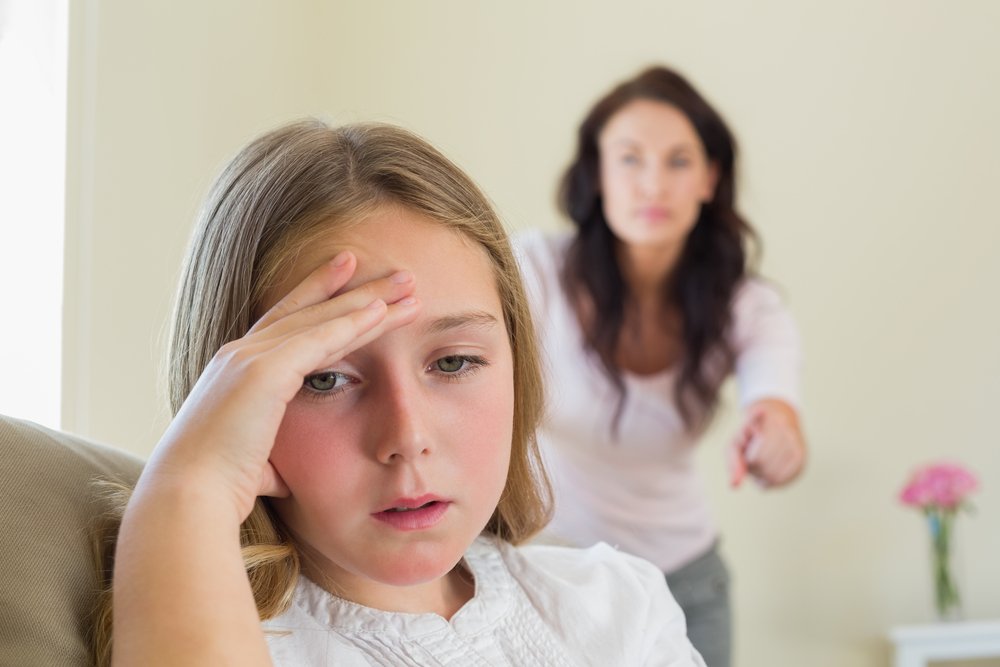
Parental anger has a special place in the upbringing of children. In fact, if we do not get angry at the right moment, the child will think that we are looking at his misdeed through our fingers. Only those who have given up on their child exclude anger from the arsenal of educational means. Of course, you should not unleash an avalanche of anger on a child for no reason. You need to teach him to understand when anger means a serious warning: "My patience has a limit."
Parents should remember that anger costs them too much to throw thunder and lightning right and left. Anger should not increase during its manifestation. You need to express your anger in such a way that it brings some relief to the parents, a lesson to the child, but in no case gives harmful side effects to either side.
The path to peace and tranquility
The first step . First of all, you need to name your feeling out loud. This will be a signal, a warning to all who are affected by this feeling: “Careful! Time to stop!”
- I'm very unhappy.
- I got angry.
If this did not help to defuse the "thunderstorm", move on.
Second step. We express our anger as its strength increases.
I am angry.
I am very angry.
I am very, very angry.
- I am angry.
Sometimes just expressing our feelings (without explanation) is enough to make a child obey. If this does not happen, you must go to the next step.
Third step. Here you need to explain the reasons for your anger, name your reaction to events - in words and desired actions.
- When I see your shoes, socks, shirts and sweaters scattered all over the room, I get angry, I get angry in earnest! I want to open the window and throw it all out into the street!
— I cooked a good dinner. I think he deserves praise, not contempt.
This approach allows parents to vent their anger without hurting anyone. Quite the contrary: children will see that anger can be expressed very calmly. The child must understand that his own anger is quite amenable to such a “release”.
The child must understand that his own anger is quite amenable to such a “release”.
Chaim J. Jainot,
according to the materials of the site http://www.materinstvo.ru
Sources
- Hernátsea AO, Doc. AM. Safety of COVID-19 vaccines administered in the EU: Should we be concerned? // Toxicol Rep - 2021 - Vol8 - NNULL - p.871-879; PMID:33898273
- Schaltz-Buchholzer F., Aaby P., Monteiro I., Camala L., Faurholt Simonsen S., Nørtoft Frankel H., Lindberg Larsen K., Golding CN., Kollmann TR., Amenyogbe N., Stabell Benn C. , Bjerregaard-Andersen M. Immediate Bacille Calmette-Guérin vaccination to neonates requiring perinatal treatment at the maternity ward in Guinea-Bissau: A randomized controlled trial. // J Infect Dis - 2021 - Vol - NNULL - p.; PMID:33893799
- Darmaputra DC., Zaman FY., Khu YL., Nagalingam V., Liew D., Aung AK. Cost-analysis of opportunistic influenza vaccination in general medical inpatients.
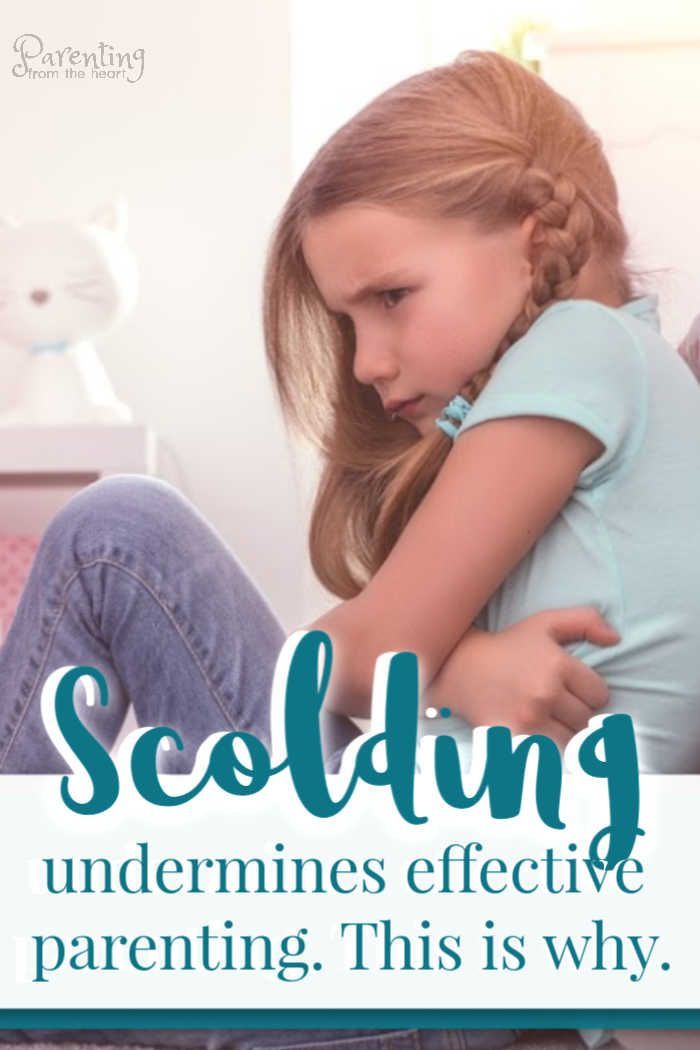 // Intern Med J - 2021 - Vol51 - N4 - p.591-595; PMID:33890379
// Intern Med J - 2021 - Vol51 - N4 - p.591-595; PMID:33890379 - Alexander V., Paul GJS., Zachariah A., Mathuram AJ. A Hospital-Based Nonconcurrent Cohort Study on Factors Associated with in-Hospital Mortality in Patients with Laboratory Confirmed Influenza. // J Glob Infect Dis - 2021 - Vol12 - N4 - p.208-213; PMID:33888959
- Konstantinides S. Thrombotic complications of vaccination against SARS-CoV-2: what pharmacovigilance reports tell us - and what they don't. // Eur Respir J - 2021 - Vol - NNULL - p.; PMID:33888525
- Bell R., Imai S., Rafferty A., Little NRG., Winterbauer N., Luo H. Influenza and Pneumonia Vaccinations among North Carolina Adults with Diabetes. // Am J Health Behav - 2021 - Vol45 - N2 - p.216-225; PMID:33888183
- Hennrich AA., Sawatsky B., Santos-Mandujano R., Banda DH., Oberhuber M., Schopf A., Pfaffinger V., Wittwer K., Riedel C., Pfaller CK., Conzelmann KK. Safe and effective two-in-one replicon-and-VLP minispike vaccine for COVID-19: Protection of mice after a single immunization.
 // PLoS Pathog - 2021 - Vol17 - N4 - p.e1009064; PMID:33882114
// PLoS Pathog - 2021 - Vol17 - N4 - p.e1009064; PMID:33882114 - Macina D., Evans K.E. Bordetella pertussis in School-Age Children, Adolescents, and Adults: A Systematic Review of Epidemiology, Burden, and Mortality in Africa. // Infect Dis Ther - 2021 - Vol - NNULL - p.; PMID:33881713
- Pervaiz A., El-Baba F., Dhillon K., Daoud A., Soubani A. Pulmonary complications of sickle cell disease: a narrative clinical review. // Adv Respir Med - 2021 - Vol - NNULL - p.; PMID:33881157
- Agrawal A., Ison MG., Danziger-Isakov L. Long-Term Infectious Complications of Kidney Transplantation. // Clin J Am Soc Nephrol - 2021 - Vol - NNULL - p.; PMID:33879502
How to properly praise and scold a child: useful tips for parents
Education is not complete without this. It is possible and necessary to give a negative reaction to the wrong actions of the child. This sets boundaries and guidelines for the younger generation.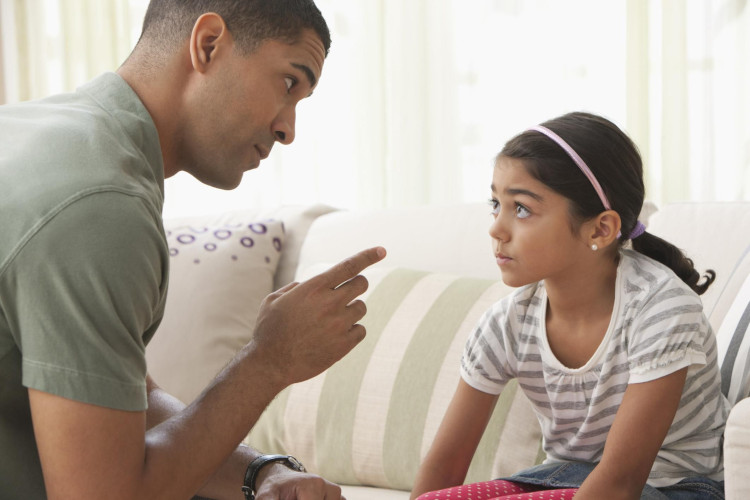 But, of course, you also need to scold skillfully.
But, of course, you also need to scold skillfully.
We asked a psychologist Elena Kazakevich write a memo on how to express your disapproval to your child.
As with praise, evaluate (negatively) not the child himself, but his deed . Not “Your hands are hooks!” But “It seems to me that if you hadn’t been in a hurry, the craft would have come out better!”
Do not reject a child who has committed an offense . It is impossible: "Go away! I don't need such a bad son." It is necessary: “I am very upset by your act! You know you can't ruin other people's things."
Swearing, name-calling excluded . "Some kind of fool!" hasn't made anyone smarter yet.
Scolding a child, do not compare him with other children .
It is not necessary to restrain irritation or anger when chastising a naughty teenager. You are not a robot, you have your own emotions.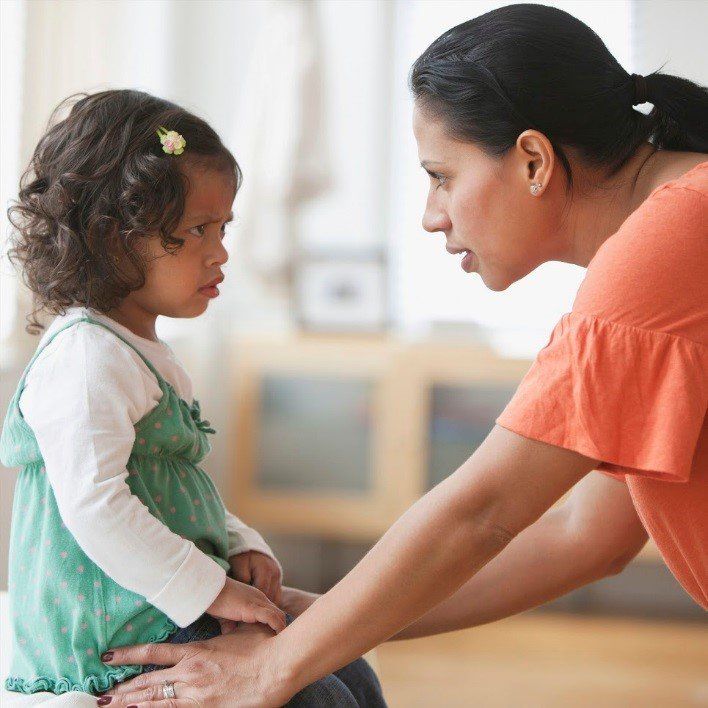 And the son / daughter must understand that their actions can cause these negative reactions in you. The main thing is not to drown in negativity and not break into abuse.
And the son / daughter must understand that their actions can cause these negative reactions in you. The main thing is not to drown in negativity and not break into abuse.
You can't negatively assess a child's abilities: "What a fool you are, you can't solve this problem!" Even if he really wants to, a person cannot jump above a certain limit. And because of swearing, he will be afraid to make a mistake and put a ceiling on himself.
Scold only for what has already been done. For preventive purposes, this does not work at all.
Try to scold as little as possible, only when the occasion is significant. Otherwise, as in the case of praise, the child will perceive your criticism as a background. If it seems that it is impossible otherwise, the reason for the abuse is in you. After all, most often parents scold children not because they messed up, but because they can’t stand their emotions: fears, anxieties, the desire to control everything.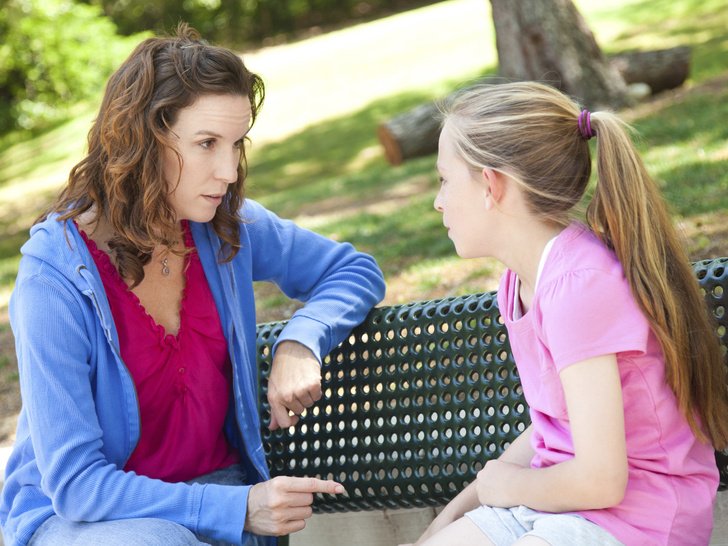


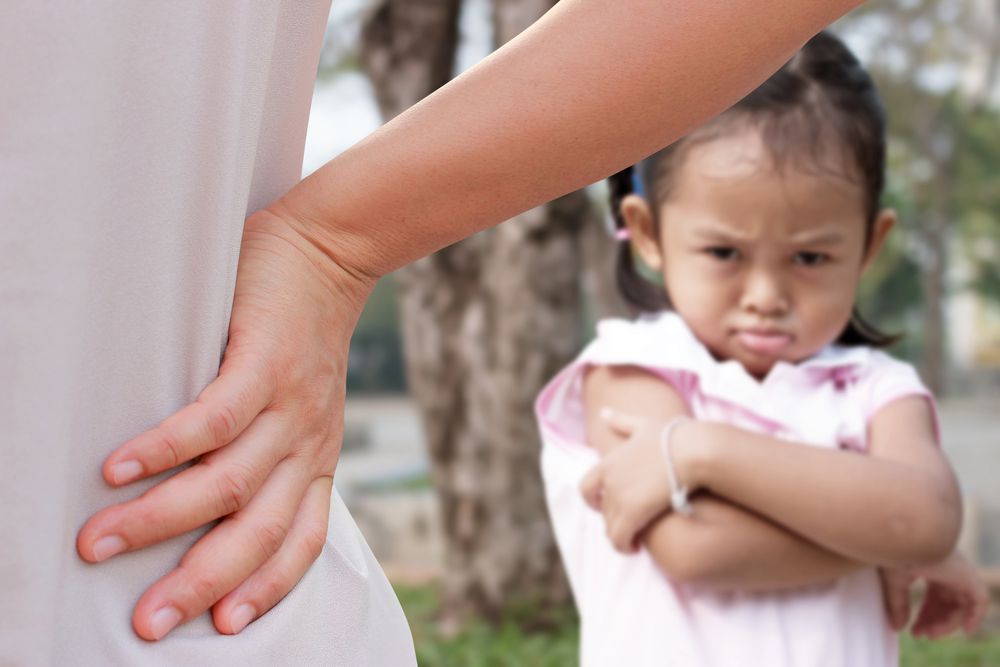 Teach them how to deal with angry feelings in positive ways, like talking about it.
Teach them how to deal with angry feelings in positive ways, like talking about it.